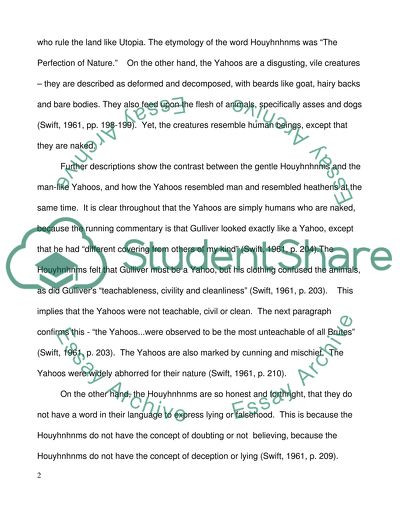Cite this document
(“Gulliver's Travels Book IV: Comedy and Fantasy Essay”, n.d.)
Retrieved from https://studentshare.org/literature/1434070-ychin-book-iv-of-gulliveryies-travels-the-comedy
Retrieved from https://studentshare.org/literature/1434070-ychin-book-iv-of-gulliveryies-travels-the-comedy
(Gulliver'S Travels Book IV: Comedy and Fantasy Essay)
https://studentshare.org/literature/1434070-ychin-book-iv-of-gulliveryies-travels-the-comedy.
https://studentshare.org/literature/1434070-ychin-book-iv-of-gulliveryies-travels-the-comedy.
“Gulliver'S Travels Book IV: Comedy and Fantasy Essay”, n.d. https://studentshare.org/literature/1434070-ychin-book-iv-of-gulliveryies-travels-the-comedy.


